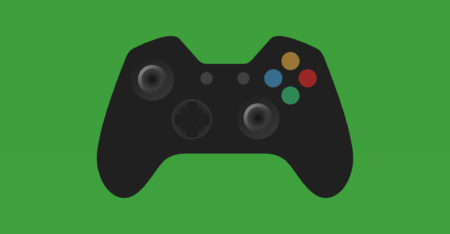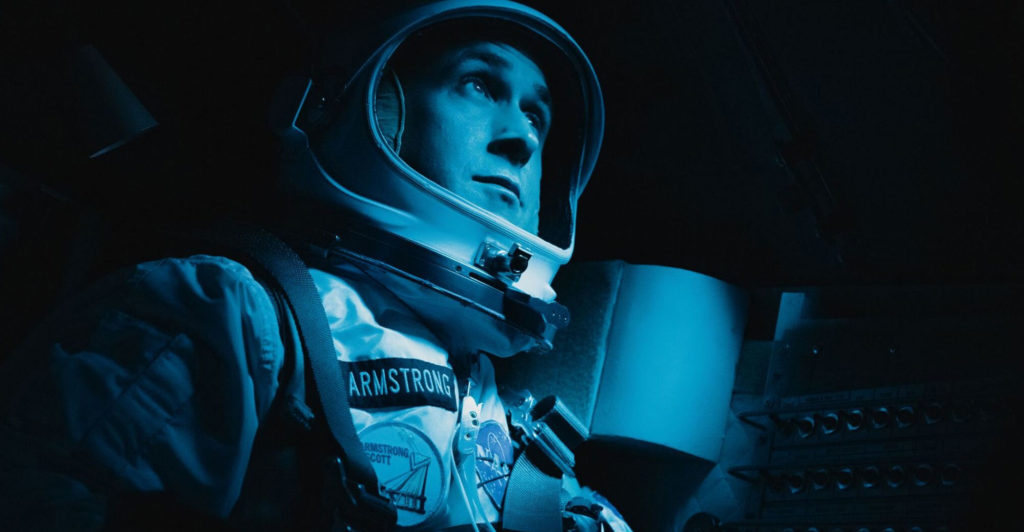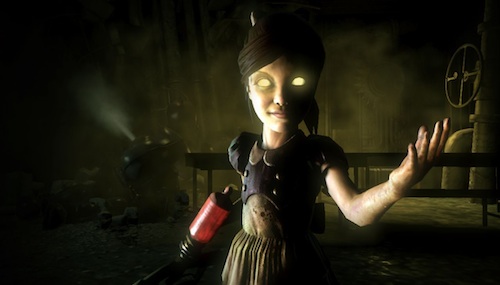
Few videogame sequels have had to fight as hard to justify their existence as Bioshock 2. The game is a follow-up to a wildly ambitious and imaginative title that many fans felt had no need for a direct sequel. What’s more, it was put together without the guiding hand of the original’s celebrated designer, Ken Levine.
But fears that Bioshock 2 would be a cynical cash-in on Bioshock’s success have turned out to be groundless. Developer 2K Marin has largely stayed true to Levine’s vision and delivered a shooter that offers equal measures of intelligence in its story and its gameplay. There are moments where I felt that its approach was — if anything — too reverent to the original.
Bioshock 2 is familiar from the moment you assume control of your character, Subject Delta, the prototype for the iconic Big Daddies that you spent so much of your time fighting in the first Bioshock. The game is once again set in the art deco underwater city of Rapture, but eight years after the events of Bioshock left city founder Andrew Ryan dead.
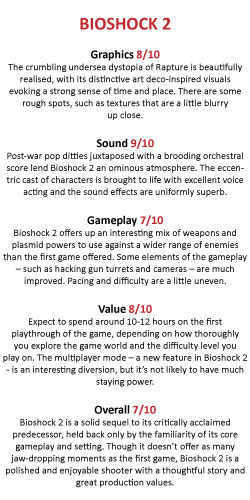 It’s 1968 and a loony leftist by the name of Sophia Lamb has seized control of the undersea dystopia. In sharp contrast to Ryan, the Randian man who founded Rapture as a place where the talented could pursue their ambitions unfettered by government, Lamb is a committed collectivist pursuing the common good with a single-minded determination.
It’s 1968 and a loony leftist by the name of Sophia Lamb has seized control of the undersea dystopia. In sharp contrast to Ryan, the Randian man who founded Rapture as a place where the talented could pursue their ambitions unfettered by government, Lamb is a committed collectivist pursuing the common good with a single-minded determination.
The narrative of the game follows Subject Delta as he strives to be reunited with his Little Sister, Eleanor, with Lamb seeking to thwart him at every turn. Though Bioshock 2 isn’t as packed with shocks and twists as Bioshock, the story is compelling with some memorable characters and echoes of Levine’s anti-utopian themes throughout.
In much the same way as Bioshock, and Levine’s earlier System Shock games, Bioshock 2 blends elements of survival horror and role-playing games into its first-person-shooter gameplay. Just like Jack, the protagonist of Bioshock, Delta can protect himself with both firearms and with superpowers acquired through genetic mutation. Many of the weapons he carries, like a massive drill and a rivet gun, are similar to those wielded by Big Daddies in Bioshock 1.
He can also use plasmids and gene tonics to modify his body, and gain powers such as telekinesis and the ability to stream lightning, fire or ice from his fingertips. The ability to combine the effects of weapons and plasmids with each other and with features of the environment (such as pools of water and oil) is what makes Bioshock’s combat so exciting.
Bioshock 2 can feel like a chore in its early stages of the game, when Delta has few weapons and plasmids at his disposal, ammunition and cash are painfully scarce, and enemies are relentless and powerful. Indeed, Delta seems like the weediest Big Daddy stomping around Rapture for the first two or three hours of the game. But once he builds up his powers and arsenal, combat with Rapture’s crazed residents starts to become fun.
When Delta has defeated another Big Daddy, he can adopt his Little Sister and then use her to harvest Adam from corpses lying around the city. Adam is a precious resource that allows for genetic modification and it is fiercely covered by everyone in Rapture.
During the white-knuckle Adam-gathering sequences, Delta must keep the Little Sister safe from droves of violent, Adam-addicted splicers, who will do anything to get their hands on the substance. Learning to master the many traps at one’s disposal is the key to getting through those sequences.
One new and memorable enemy class is the Big Sister, an agile enemy with a huge amount of firepower. Gameplay balance does occasionally feel a bit off — for example, Big Daddies and Big Sisters seem too easily dealt with once you understand their weaknesses while the splicer hordes remain daunting throughout the game.
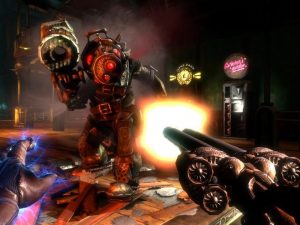
In addition to the single-player game, Bioshock 2 also includes multiplayer components covering the usual gameplay modes such as capture the flag (Little Sister), death match and king of the hill. It’s fun in small doses, but is too poorly balanced to provide any serious competition to the Battlefield and Call of Duty games.
The single biggest criticism to level at Bioshock 2 is that it is one of the more timid sequels of recent months. Compared to some of the bolder sequels we’ve seen lately — the follow-ups to Uncharted, Mass Effect and Assassin’s Creed — Bioshock 2 feels phoned-in.
Yet in a market saturated with generic military and science-fiction shooters, simply picking up where a game as unique as Bioshock left off is good enough to set the sequel apart from most of its competitors. Next time, though, would you kindly set your sights a little higher, 2K Marin? — Lance Harris, TechCentral
- Reviewed on Xbox 360. Also available on PlayStation 3 and Windows PC



